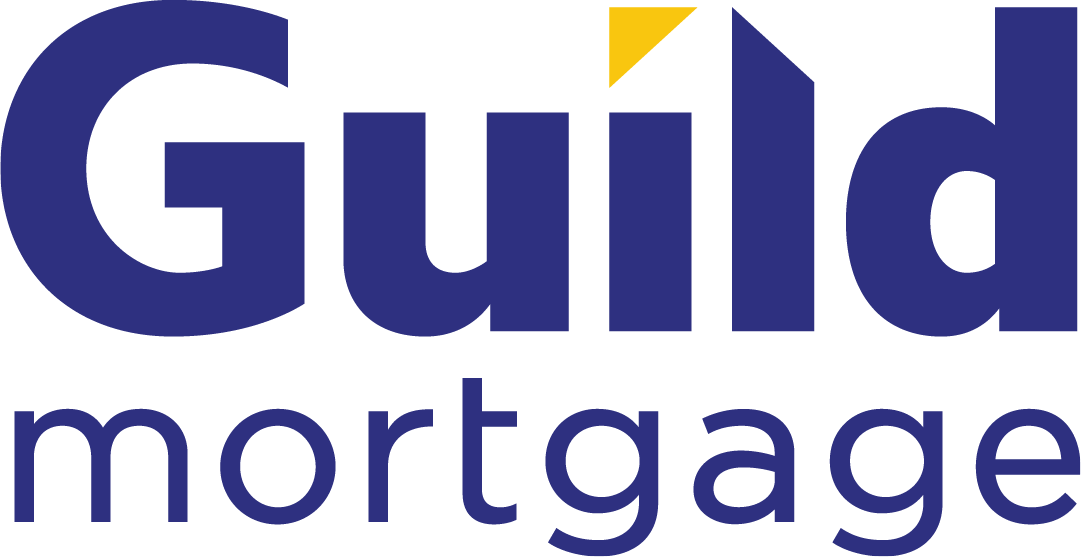
Misconceptions and the need for Education on Reverse Mortgage Loan
In my nearly 10 years in the reverse mortgage industry, I’ve noticed the most common theme is that many people are just uneducated on how a reverse mortgage works and unaware of the benefits it provides the homeowner. As a Reverse Mortgage Loan Specialist, the biggest hurdle I face is overcoming these misconceptions and thoughts that a reverse mortgage is a loan that will have negative consequences for the homeowner. If you take it for what it is and look at how it can apply to your situation, then you will notice it is much more helpful for Seniors than a conventional mortgage. It is the most highly regulated mortgage loan in existence and that has been the case since the introduction of the Home Equity Conversion Mortgage (HECM) in 1989*. It is a government-insured loan program by FHA/HUD for seniors so there are many strict guidelines, but the most important aspect is that it is a non-recourse loan. This means the home or property is the collateral and that is all that the borrowers or their heirs will have to use to repay the loan even if the loan goes underwater (if the loan balance exceeds the value of the home).
The Federal Housing Administration (FHA) and the Department of Housing and Urban Development (HUD) have made sure that consumer protection is their number one priority especially with the Senior demographic being one that has the most risk. Overall, my goal is to provide each homeowner with a game plan on how a reverse mortgage will apply to their individual financial needs. If another loan product such as a conventional loan or home equity loan is more suitable, I will honestly let the homeowners know that is my humble opinion. There is no shortcut in reverse mortgage loan and each client needs to be treated as if they are the most important borrower I’ve ever worked with. I treat every client as if they were one of my family members, so they understand how much I care about their situation.
If you still have questions about this federally insured loan program, Home Equity Conversion Mortgage (HECM), or any other reverse mortgage loan products on the market, please reach out to me so I can provide my expertise and guide you through the educational process. That is the most important part of the entire process because it provides clarity as to how it will benefit homeowners and provide them with a better quality of life with a reverse mortgage loan.
Reminder: A reverse mortgage loan must be on your primary residence, min. age requirement 62, there are no monthly principal and interest payments that are ever made while living in the home, and you must always pay your property charges including homeowners’ insurance, property taxes, and HOA dues if applicable. You are required to complete independent reverse mortgage counseling by a third party qualified by HUD/FHA before starting the loan application.
*www.hud.gov/program_offices/housing/sfh/hecm/hecmhome – Link provides details to the HECM loan program
Important information: At the end of the reverse loan term, some or all of the property’s equity won’t belong to the borrower, and they may need to sell or transfer the property to repay the proceeds of the reverse mortgage. Guild will add the applicable reverse mortgage origination fee, mortgage insurance premium, closing costs, or servicing fees to the balance of the loan which will grow, along with the interest, over time. Interest isn’t tax deductible until all or part of the loan is repaid. Failing to pay property taxes, insurance, and maintenance might subject the property to a tax lien, foreclosure, or other encumbrance since the borrower retains the title.
Fixed-rate and adjustable-rate reverse mortgages are insured by the FHA. Fixed-rate loans are distributed in a single lump sum with no future draws. Adjustable-rate reverse mortgages offer five payment options and allow for future draws. The age of the youngest borrower determines the amount of funds that can be received with a reverse mortgage loan. The amount of funds that can be received during the first 12-month disbursement period is subject to an initial disbursement limit.
These materials are not from HUD or FHA and were not approved by HUD or a government agency. Borrowers must maintain the property and most current payments of property taxes, homeowner’s insurance, and HOA dues.

